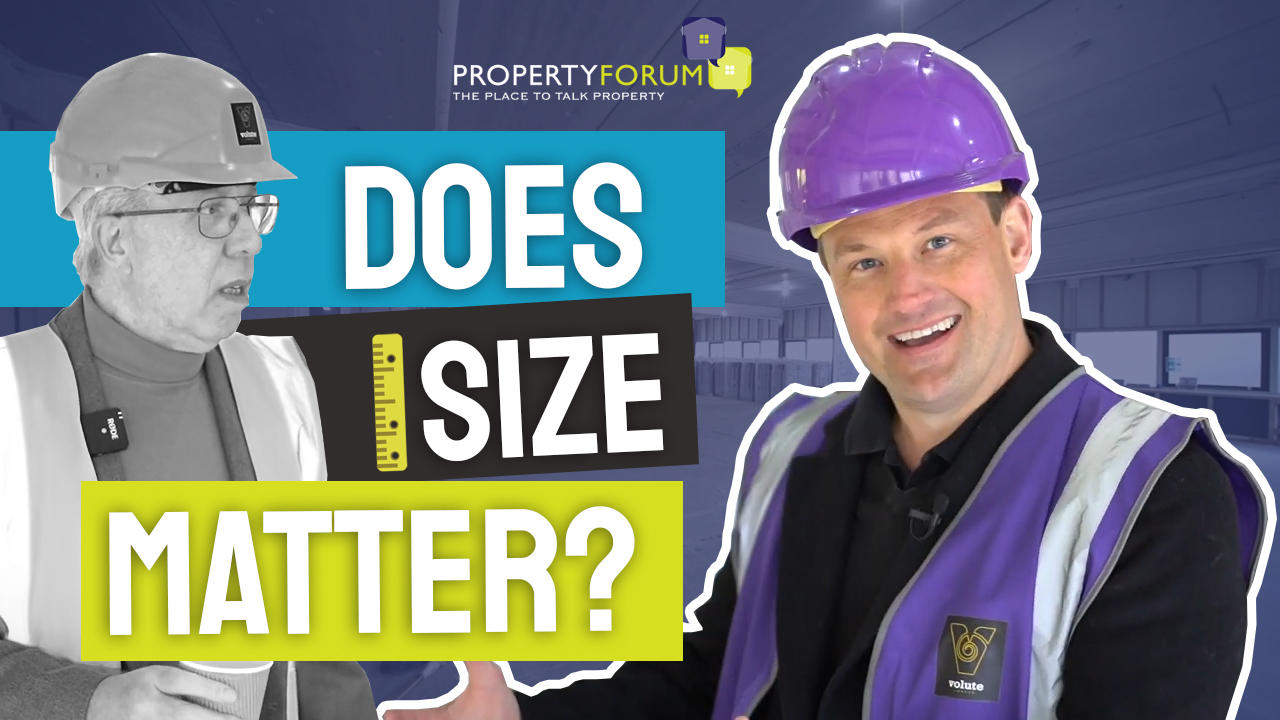Joining me in this video is Tony Gimple , Founder of Brand Entrepreneur and a highly-knowledgable colleague in the industry. Will he have the short, definitive answer to the question “Does size matter?” when it comes to property development projects? Absolutely not! But he did offer a lot of valuable insight on the topic.
In the video we are standing in one of my client’s 30,000 square foot office-to-residential conversion in Hampshire. Is this large-scale property development any different than, say, a small HMO around town? Yes, and, well, no.
Context is everything – especially when it comes to tax planning, corporate structure and overall strategy. The particular project we are standing in would absolutely qualify as having a highly complex business structure.
Is your property development complex?
Examine the multiple levels involved in your own property development and the classification thereof: How many tiers of invested input are there to your development?
Here are some examples of questions – the answer to which might help determine the level of involvement there could be:
• What are your individual circumstances?
• Do you have other employment? Other companies? Other developments?
• What VAT elements are at play here? How many of the involved parties are VAT-registered
• Are there other businesses involved in this project?
• Is this your first-time venture?
• Are you making use of external funding? Do you have investors?
• How about an SPV (Special Purpose Vehicle—a subsidiary company that is formed to undertake a specific business purpose or activity to isolate financial risk)? Has one of these been involved?
• Do you have group relief structures in place?
If you’ve answered ‘yes’ to most of these questions, you’re looking at a highly complex business structure. And your size indeed matters.
Preparing for growth
If you answered ‘no’ to many of the above, perhaps your journey as a property developer is not yet advanced or sizeable. Perhaps you’re just starting out. It’s highly probable that you’re using your own money or bank-lending. This, in property development terms, is as good as anything. You’re certainly on the right path!
On the rental side, once you’ve become a portfolio landlord or portfolio developer of 5 or more projects, you need to ensure that your overall structure is in place… One that keeps you within the law, allows you to pay the correct amount of tax, allows you to remain solvent and puts you in a strong position to move onto your next project.
“Don’t assume that you know what you’re doing,” Tony Gimple says. “Don’t assume that the people you’re currently talking to know what they’re doing. They, like you, are going to need to have experience. They need to bring their proven track record to the table. They’ve got to be able to point you in the right direction.”
If you are just starting out and would like advice on how to expand your property portfolio, book a mentorship call with me today to help you prepare to navigate more complex business structures.
